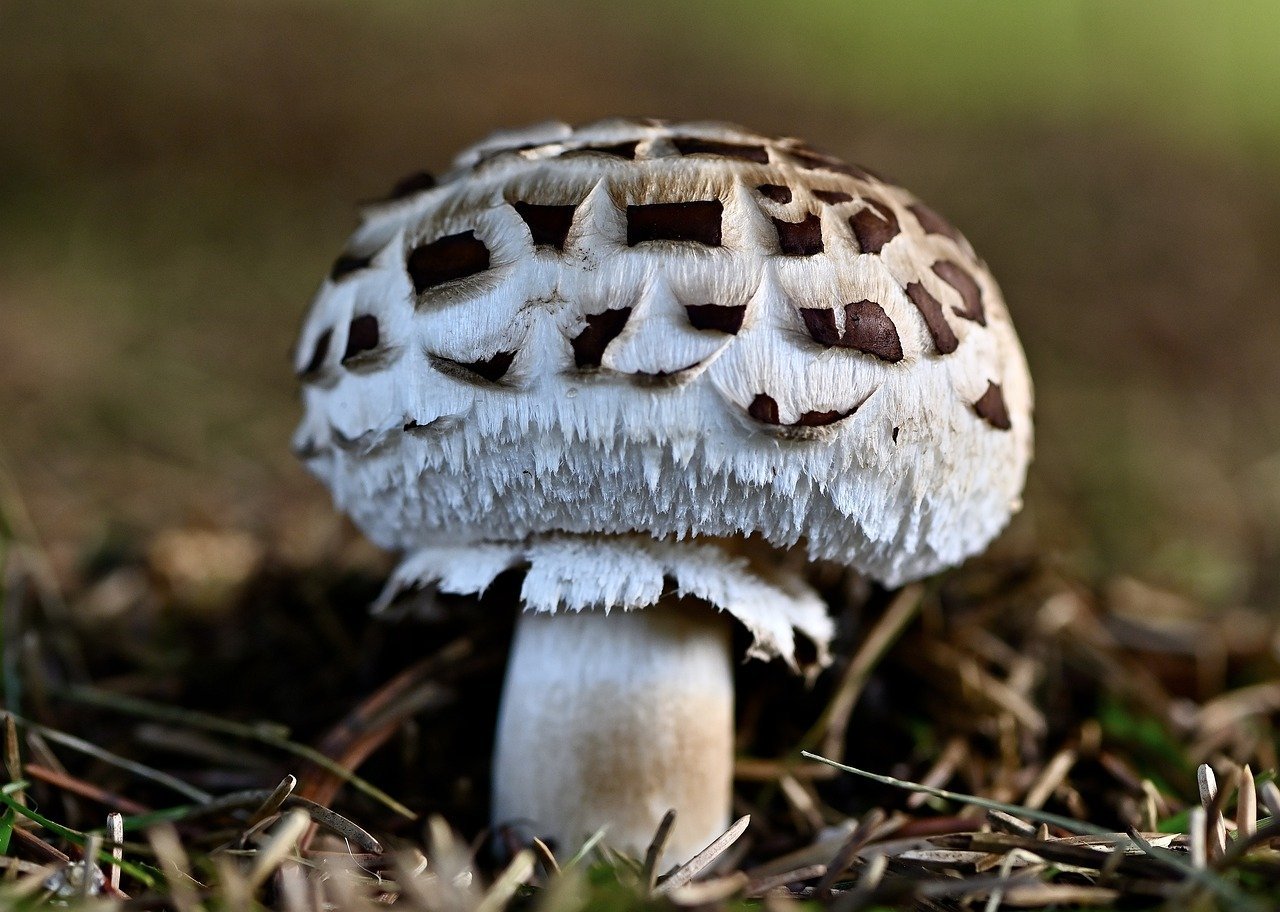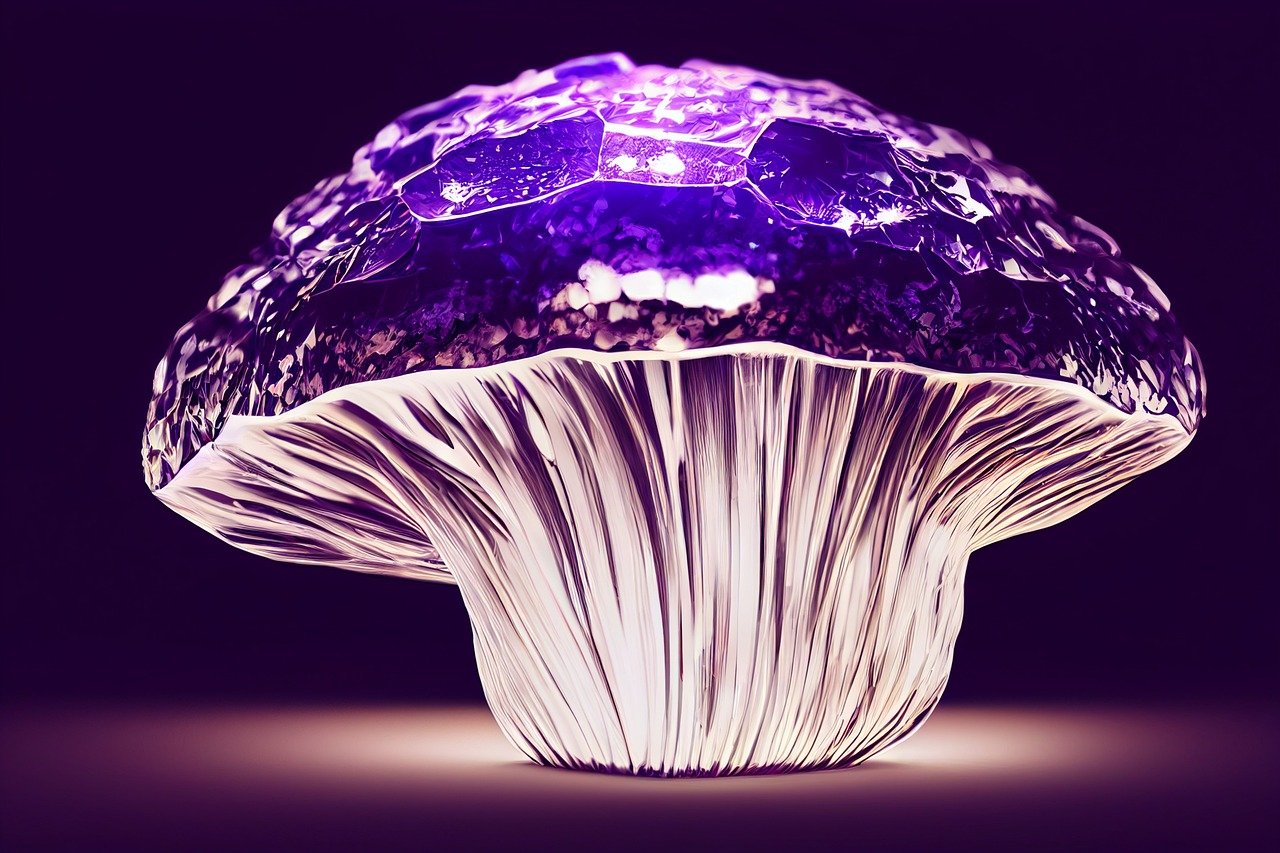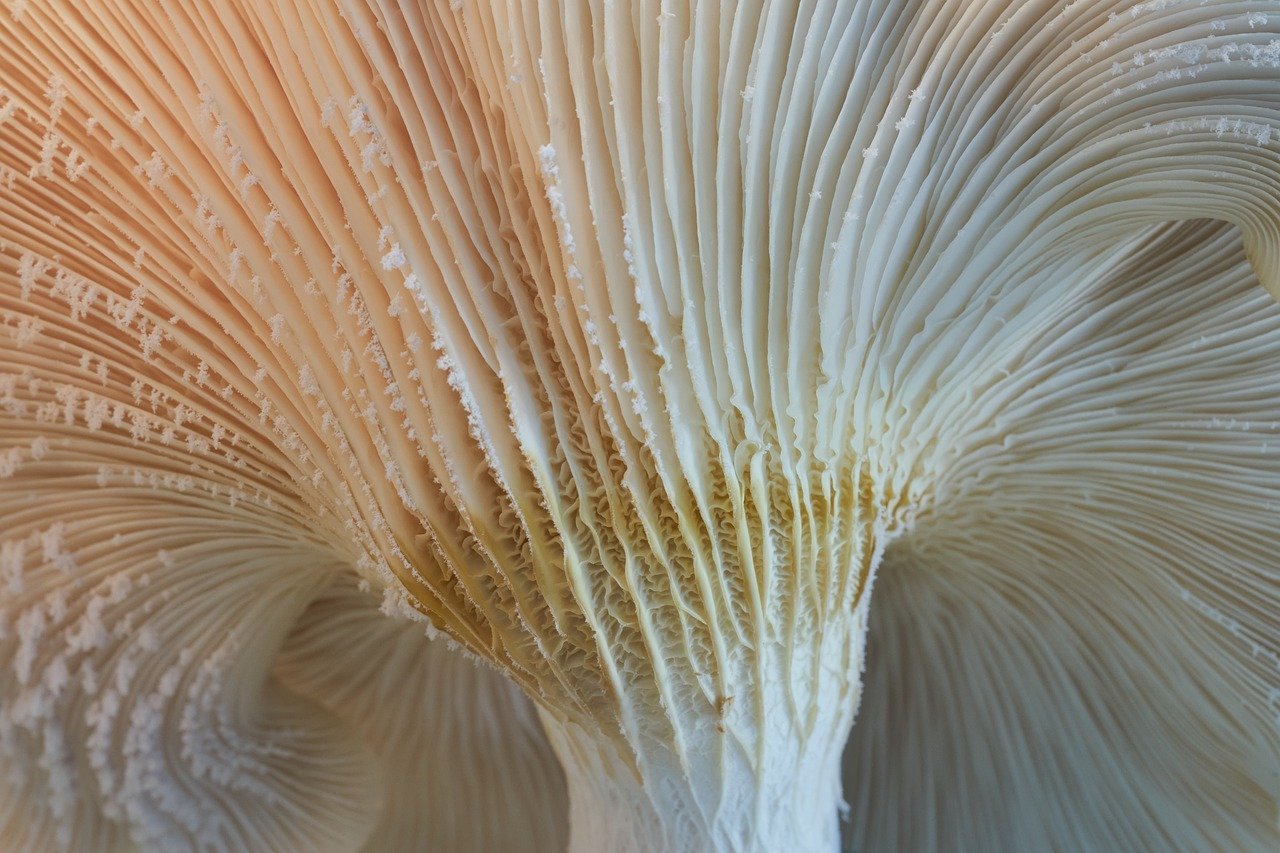Have you ever wondered when it’s time to rush to the hospital after eating a dubious mushroom? It’s a question that’s crucial for anyone who enjoys foraging or experimenting with different types of fungi. When it comes to mushroom poisoning, knowing when to seek professional medical help could be a matter of life or death.

Understanding Mushroom Poisoning
Mushroom poisoning happens when someone consumes toxic mushrooms that can cause various symptoms, ranging from mild gastrointestinal discomfort to severe organ failure. There are thousands of mushroom species, but not all are safe to eat. Some look deceptively similar to their non-toxic counterparts, making accurate identification a challenge.
Types of Toxic Mushrooms
Understanding the types of mushrooms and their toxicity can help you recognize the risks. Here are some categories of toxic mushrooms:
| Type of Mushroom | Toxin | Common Symptoms |
|---|---|---|
| Amanita species | Amatoxins | Severe abdominal pain, vomiting, diarrhea, liver failure |
| Gyromitra species | Gyromitrin | Seizures, vomiting, diarrhea, liver damage |
| Inocybe species | Muscarine | Sweating, salivation, tear production, digestive problems |
| Clitocybe species | Muscarine | Similar to Inocybe: sweating, salivation, digestive issues |
Each type of toxic mushroom can produce different symptoms depending on the toxins they contain. Knowing which species are dangerous and their common symptoms can make a huge difference in identifying mushroom poisoning.
Symptoms of Mushroom Poisoning
symptoms of mushroom poisoning can vary widely depending on the type of mushroom consumed. They usually appear within hours but can take longer as well. Recognizing these symptoms early is crucial for timely medical intervention.
Early Symptoms
The first symptoms of mushroom poisoning can appear within 1 to 24 hours after ingestion. Some common early symptoms include:
- Nausea
- Vomiting
- Diarrhea
- Abdominal cramps
These symptoms can often be confused with other types of food poisoning. However, it’s essential not to dismiss them, especially if you suspect you’ve consumed a toxic mushroom.
Delayed Symptoms
Some mushrooms cause delayed symptoms that can appear 48 hours or more after ingestion. This delay can make diagnosis challenging. Delayed symptoms can include:
- Jaundice (yellowing of the skin and eyes)
- Decreased urine output
- Confusion
- Muscle weakness
These symptoms suggest that severe organ damage may already be occurring, requiring immediate medical attention.
Severe Symptoms
Severe symptoms indicate a critical situation requiring urgent medical care. These can include:
- Seizures
- Difficulty breathing
- Severe dehydration
- Coma
If you or someone else exhibits severe symptoms after consuming mushrooms, it’s crucial to get to a hospital as quickly as possible.
When to Seek Medical Help
Knowing when to seek medical help can be life-saving. Even if you’re unsure whether the symptoms are due to mushroom poisoning, it’s better to be cautious.
Immediate Medical Attention
Seek immediate medical help if you experience any of the following:
- Severe vomiting and diarrhea that does not improve
- Difficulty breathing
- Confusion or seizures
- Jaundice
- Severe abdominal pain
Waiting for symptoms to improve on their own can lead to catastrophic results, including irreversible organ damage or death.
Contact Poison Control Centers
In less severe cases, you can contact a poison control center for advice. They can provide instructions on what to do next and whether a hospital visit is necessary. However, if symptoms escalate, don’t delay in seeking medical help.
Hospital Diagnosis and Treatment
Once you arrive at the hospital, the medical team will take several steps to diagnose and treat mushroom poisoning effectively.
Diagnosis
Diagnosis often involves several of the following:
- Medical history and physical examination
- Blood tests to check liver and kidney function
- Identification of the mushroom ingested, if possible
The faster the diagnosis, the more effective the treatment can be.
Initial Treatment
Initial treatment aims to stabilize the patient. This may involve:
- Intravenous fluids to treat dehydration
- Medications to control nausea and vomiting
- Activated charcoal to prevent further absorption of toxins
Advanced Treatment
For severe cases, advanced treatments are required:
- Antidotes specific to the type of toxin ingested, such as atropine for muscarine poisoning
- Hemodialysis in cases of severe kidney failure
- Liver transplant for irreparable liver damage

Preventing Mushroom Poisoning
The best way to avoid mushroom poisoning is prevention. Here are some tips to help you stay safe while enjoying mushrooms.
Mushroom Identification
Only consume mushrooms that you’ve positively identified as safe. Even better, consult field guides or experts to help with identification. Here’s a quick guide to get started:
| Tips for Safe Mushroom Identification |
|---|
| Use multiple sources (books, online guides, experts). |
| Avoid mushrooms with white gills, a ring, or a volva. |
| Stay away from mushrooms with a red color on the cap or stem. |
| When in doubt, throw it out. |
Purchase from Reliable Sources
While foraging can be fun, buying mushrooms from reliable sources minimizes the risk of poisoning. Grocery stores and farmers markets often provide mushrooms that have been cultivated and confirmed as safe.
Educate Yourself and Others
Increase your knowledge about edible and toxic mushrooms and share this information with friends and family who may also be interested in foraging. Education is one of the best tools for prevention.
Store and Cook Mushrooms Properly
Improper storage and cooking can also increase the risk of poisoning, even with safe mushrooms. Here are some tips:
| Storage and Cooking Tips |
|---|
| Store mushrooms in a dry, cool place. |
| Avoid consuming raw mushrooms, as some are only toxic when raw. |
| Cook mushrooms thoroughly to kill any potential toxins. |
Common Myths about Mushroom Poisoning
Several myths surround mushroom poisoning, making it important to clarify what’s true and what’s not.
Myth 1: All White Mushrooms Are Safe
Fact: Many dangerous mushrooms, including the deadly Amanita species, are white.
Myth 2: Cooking Removes All Toxins
Fact: While cooking can neutralize some toxins, others remain just as potent. Cooking is not a foolproof way to make all mushrooms safe.
Myth 3: Poisonous Mushrooms Always Taste Bad
Fact: Some of the most toxic mushrooms can taste quite pleasant, making taste an unreliable way to determine safety.

Conclusion
Knowing when to go to the hospital for mushroom poisoning can make all the difference in a serious situation. Recognize the symptoms, especially the severe and delayed ones, and prioritize medical intervention when needed. Always err on the side of caution, and remember that prevention through proper identification, education, and safe practices is the best strategy.
If you find yourself or someone else suffering from potential mushroom poisoning, don’t hesitate—seek medical help immediately. Your quick response can save lives. Stay safe and enjoy your mushroom foraging with the knowledge that you are well-prepared to handle any situation that may arise.
